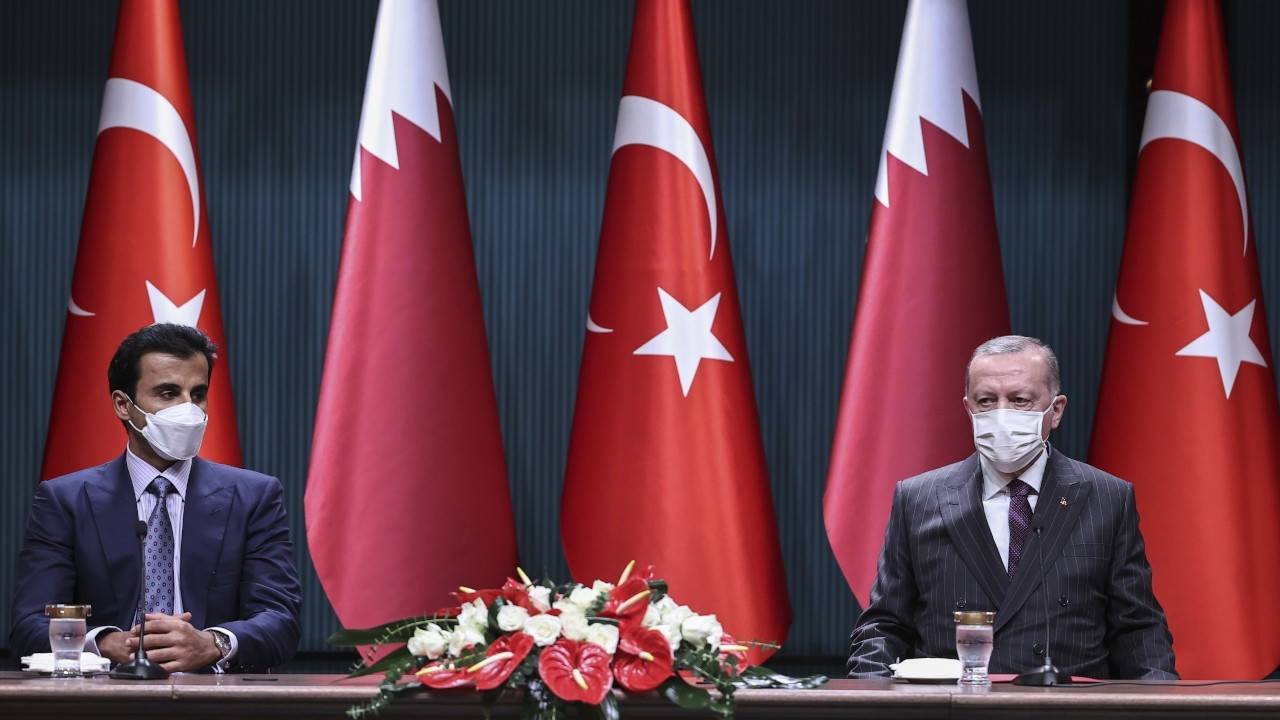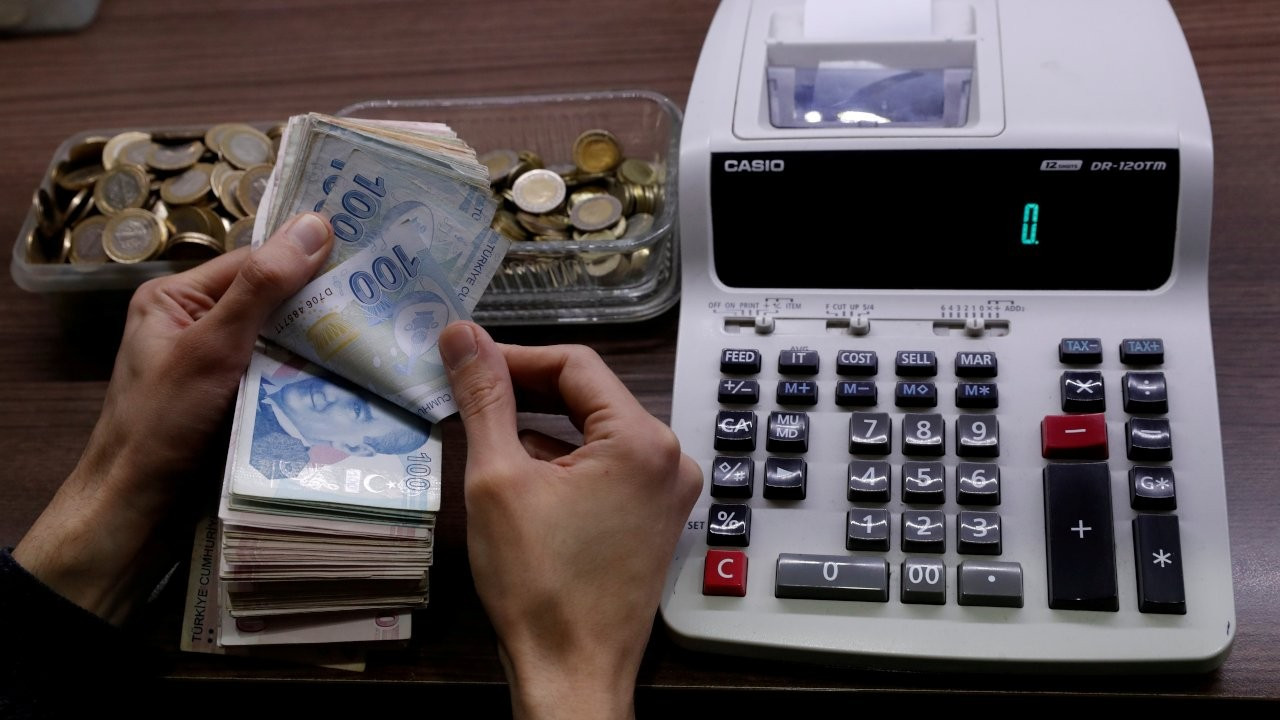Every Turkish citizen got poorer by $6,000 during Albayrak's tenure as finance minister, says Future Party
Future Party vice-chair Serkan Özcan has said that every Turkish citizen got poorer by $6,000 during the last five years as a result of the ruling Justice and Development Party (AKP)'s policies, mostly due to the country's poor economic management under former Finance Minister Berat Albayrak. Özcan said that Turkey's yearly national income should have exceeded $1 trillion by now, but is expected to be below $700 billion for 2020.
Duvar English
Future Party vice-chair Serkan Özcan has said that every Turkish citizen got poorer by $6,000 during the last five years as a result of the ruling Justice and Development Party (AKP)'s policies, mostly due to the country's poor economic management under former Finance Minister Berat Albayrak.
Albayrak had been viewed as the country's second most powerful figure until his departure from the government in early November. Married to President Recep Tayyip Erdoğan's daughter, the 42-year-old quit as finance minister in a message on Instagram that cited health reasons.
“The cost of this minister, who has run away after being pardoned by Erdoğan, to Turkey in the last five years is that $6,000 evaporated from every citizen's pocket. Our national income which should have exceeded $1 trillion by now has gone down below $700 billion,” Özcan said during a press meeting held in Future Party's headquarters on Nov. 30.
The Gross Domestic Product (GDP) in Turkey was worth $754.41 billion in 2019, according to official data from the World Bank. The GDP value of Turkey represents 0.63 percent of the world economy.
The country's GDP is expected to reach $650 billion by the end of 2020, according to analysts' expectations. In the long-term, the country's GDP is projected to trend around $740 billion in 2021 and $810 billion in 2022, according to various econometric models.
“His [Albayrak's] cost to the country is that the interest rates have gone up to 20 percent-levels, actual unemployment rate up to 30 percent and inflation at least up to 15 percent. With Erdoğan's consent, he drove the country to bankruptcy and then ran way,” Özcan said, adding that Erdoğan had turned the government into a “family business.”
After Erdoğan was elected as president in 2018 election with vast new executive powers, he promoted Albayrak from energy minister to finance minister.
Albayrak’s two-year tenure as finance minister saw the Turkish Lira lose over 40 percent of its value against the dollar and the central bank deplete most of its reserves in an attempt to stop the lira from depreciating further.
Özcan also touched upon the sale of 10 percent of Borsa Istanbul stock exchange to Qatar, saying that it has not been disclosed how much the Qatar Investment Authority (QIA), the investment fund of the state of Qatar, paid for the partnership.
“The [new] finance minister says, 'We will take transparent decisions,' but we do not know even the value of the Borsa Istanbul shares which have been sold to Qatar three, four days ago. [Finance] Minister Lütfi Elvan does not probably know for how much the Borsa Istanbul shares were sold since he has not been deemed worthy to be taken to Turkey Wealth Fund, which the former minister [Albayrak] has been also pardoned from,” said Özcan.
Following his resignation from the government, Albayrak also stepped down from his post as the deputy chair of Turkey Wealth Fund (TVF). The Turkish presidency said on Nov. 27 that Erdoğan accepted Albayrak's resignation and appointed Ahmet Burak Dağlıoğlu as a new member in the Turkish fund's board.

 Qatar to buy 10 percent of Borsa Istanbul shares amid deepening economic crisis in TurkeyEconomy
Qatar to buy 10 percent of Borsa Istanbul shares amid deepening economic crisis in TurkeyEconomy Turkey's statistical authority reports 6.7 percent growth in third quarter following months of suspicious dataEconomy
Turkey's statistical authority reports 6.7 percent growth in third quarter following months of suspicious dataEconomy Former Finance Minister Albayrak resigns from Turkey Wealth FundPolitics
Former Finance Minister Albayrak resigns from Turkey Wealth FundPolitics